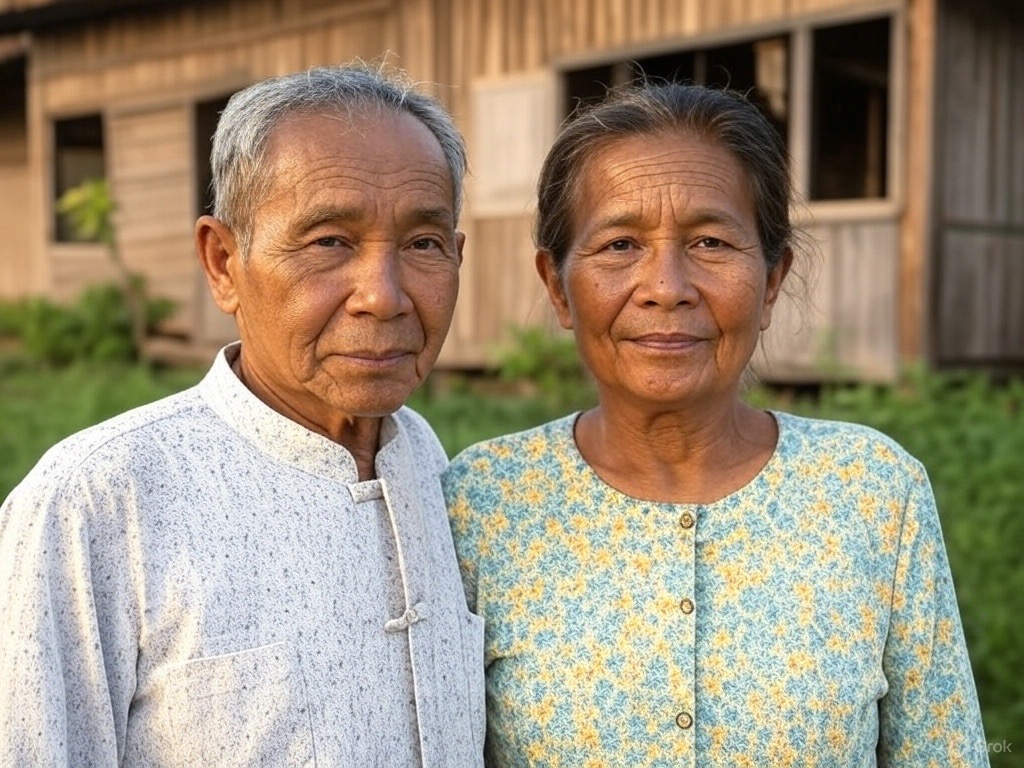Elder care in emerging countries such as Cambodia faces significant challenges driven by demographic changes, economic developments, and social transformations. Understanding these factors is crucial for developing sustainable solutions to care for the aging population in these regions.

Demographic Trends in Cambodia
Cambodia has made remarkable progress over the past decades. After the end of the civil war in the 1990s, the country experienced high economic growth rates before the COVID-19 pandemic and significantly reduced its poverty rate. In 2003, 50% of the population lived below the national poverty line, but by 2020, this figure had dropped to about 18%. However, over 90% of the poor still live in rural areas, and income inequality remains high.
Cambodia’s population is still relatively young, with nearly 30% under the age of 15. However, projections indicate that the proportion of elderly citizens will increase in the coming decades, leading to a growing demand for elder care services.
Economic Situation and Average Income
Despite economic growth, Cambodia’s average income remains relatively low. A large portion of the population works in the informal sector, particularly in agriculture, where wages are often unstable and insufficient. These economic conditions make it difficult for many families to afford professional elder care services. But changes are visible. More kids go to private schools, more people get health insurance. The growing Cambodian middle class is investing in those fields, and care giving at home will be next.
Social Changes: The Younger Generation Moving Away
Traditionally, Cambodian families cared for their elderly relatives at home. However, with increasing urbanization and economic shifts, many young people are migrating to cities in search of job opportunities. This trend has left many elderly people in rural areas without the traditional family support they once relied on. The absence of younger generations poses a significant challenge to informal elder care structures. Thats where Home Care Cambodia wants to step it. We want to ensure that double income families can still care for elderly, and even more professional.

The Future of Elder Care: The Need for Professional Services
Given these developments, Cambodia faces a growing need for professional elder care services. Building such systems requires investment in training and infrastructure. At Home Care Cambodia we trained our staff with the help of Payap University in Thailand and continue to update our caregivers knowledge frequently. We believe, that a transition to modern care is already happening. Our affordable prices reflect the need of better home care and the developing middle class.

Elder care in emerging countries like Cambodia is facing complex challenges due to demographic, economic, and social changes. Governments, societies, and international partners must work together to develop sustainable solutions that meet the needs of the aging population.

Leave a Reply